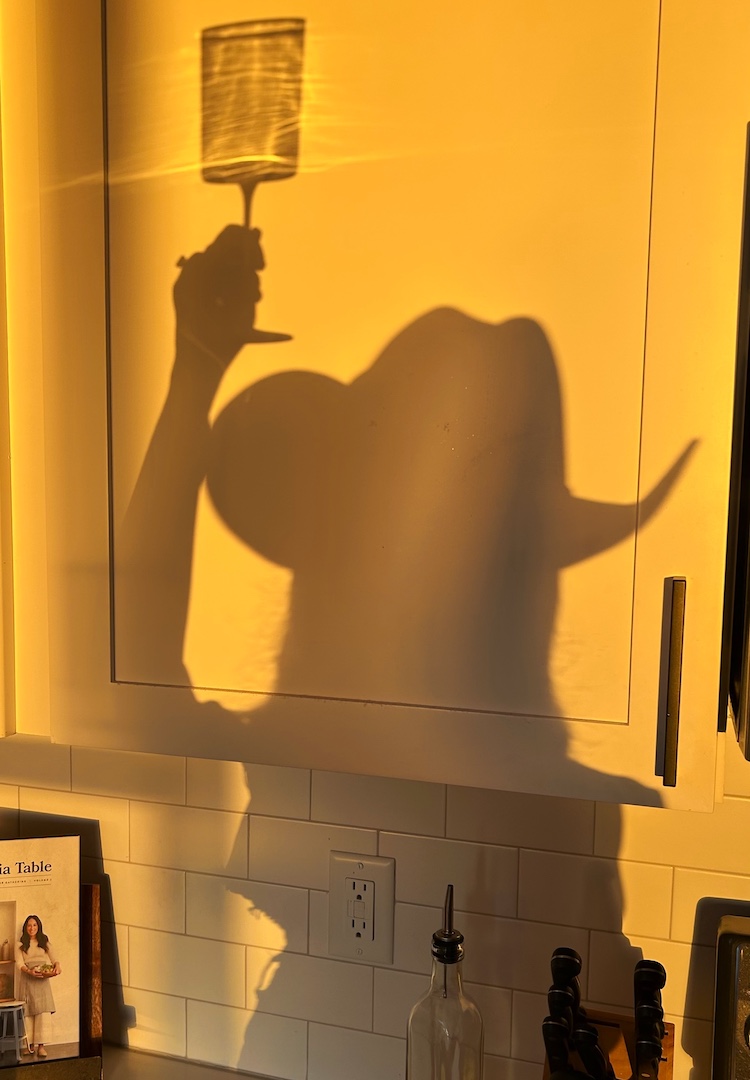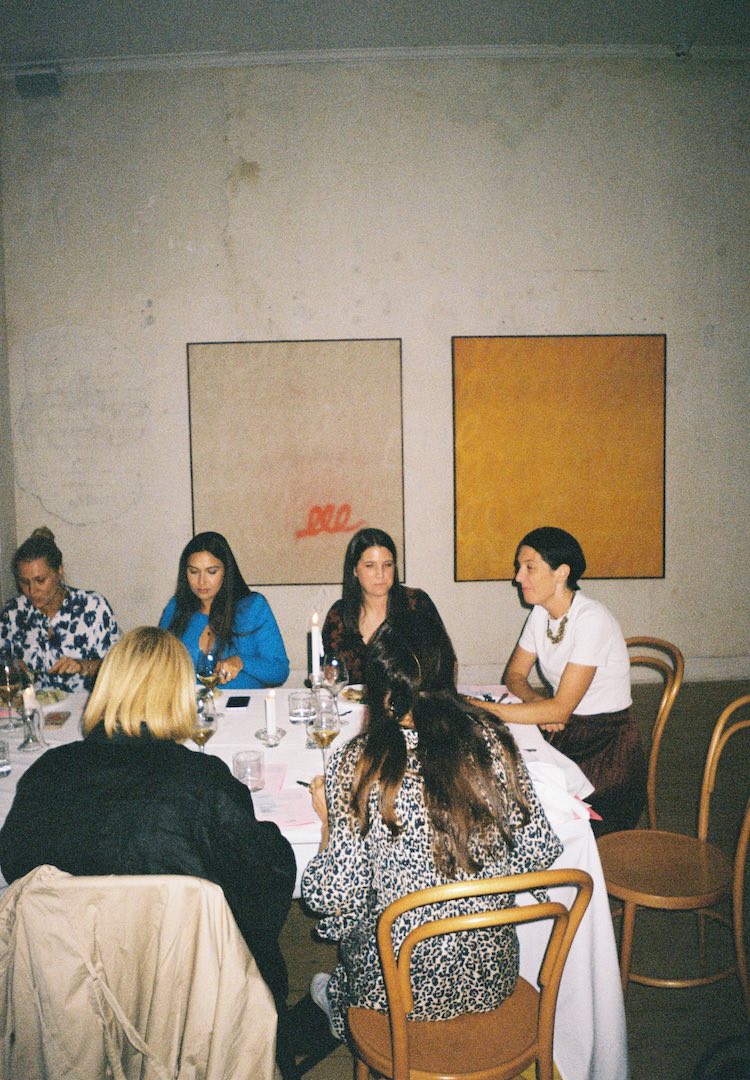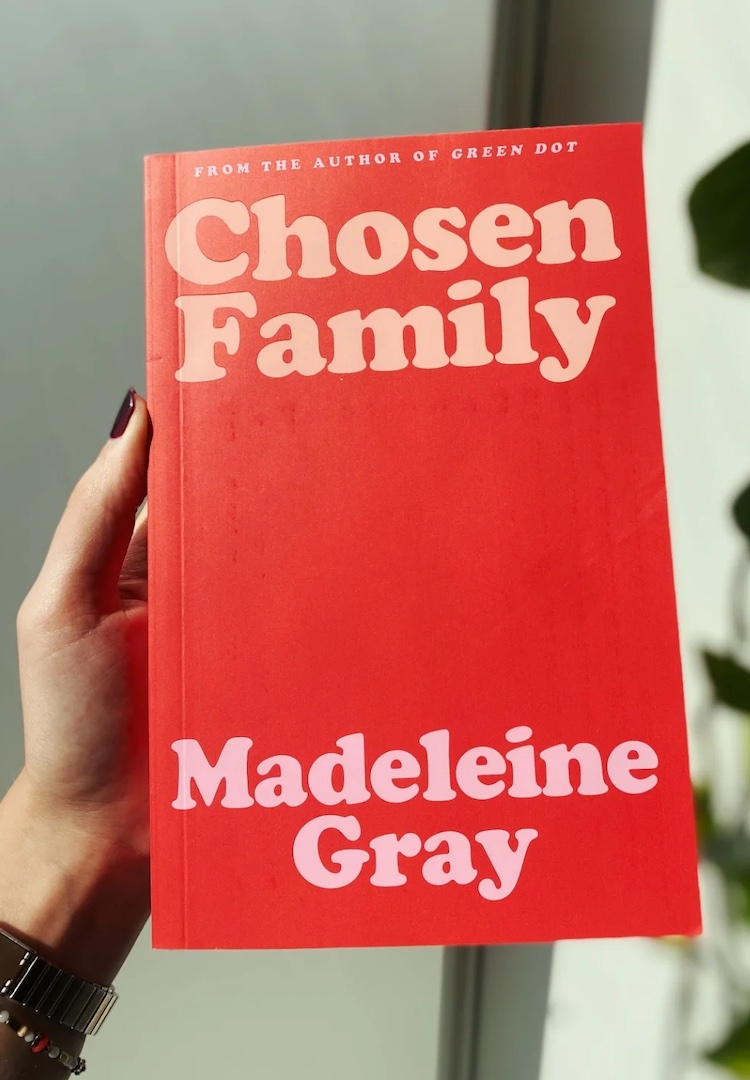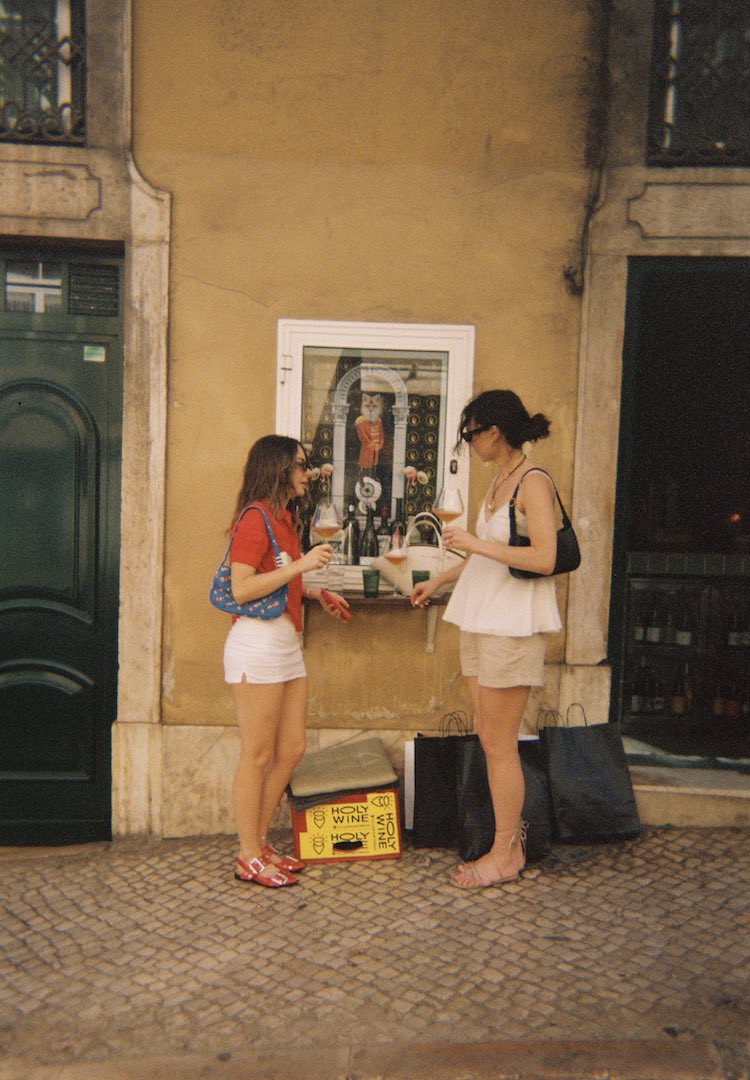Why it’s worth paying the price of community, even if people are annoying
WORDS BY DAISY HENRY
Is convenience making us lonely?
I found myself in a rut not too long ago. I’d be finishing up a big week at work and default to rain-checking plans on the premise of setting boundaries and putting myself first. My messages would often pile up and the thought of replying to everyone made me feel anxious.
The idea that I owed people was overwhelming, like I was being pulled in a million directions. In response, I wanted to retreat and tuck myself away from the world. And it was easy – there were plenty of TikTok videos affirming the importance of setting boundaries and ‘filling your own cup first’.
Looking for more thought-provoking reads? Try our Life section.
But in the past year, I’ve realised how lucky I am to have messages to reply to and events to RSVP to, and how lonely you can become when you constantly prioritise your own comfort over being around people.
When I saw the ‘price of community’ trending on TikTok, it was serendipitous timing. The idea of going outside my comfort zone and putting in more effort had been playing on my mind, and the term was a blunt and honest call to arms.
So, what exactly is the price of community?
Basically, the idea is that in order to build strong friendships, or even make acquaintances, you need to sacrifice ‘me time’, despite any nagging feelings of annoyance and inconvenience.
The first video I saw was by creator Zaid Leppelin, referencing a post by Divya Venn on X. “Being annoyed is the price you pay for community,” Divya wrote. “It means having guests when you’d rather be alone. It means letting someone live with you even when they get on your nerves. It means showing up for events that you’d rather not go to. It means turning the other cheek.”
Zaid built on this, acknowledging that although boundaries are sometimes necessary, the idea that “we don’t owe each other anything” is detrimental. “The times where I have felt the greatest sense of community are the times where I have dared to lean on others and also when I have put my personal inconvenience aside, to be there for someone who needs me,” he said.
Self-care or selfish?
We’re in the social media age of self-care. From videos romanticising cancelled plans and memes about not replying to messages, to deep dives into low-effort friendships, self-care (if taken too literally), can be a risky rabbit hole to fall into.
The top comment on Zaid’s video was from a user called dilaryhuff with (at the time of writing) almost 60,000 likes. In response to the claim that the price of community is annoyance, they wrote: “and loneliness is the price you pay for a life of convenience.” Because the more you dodge your friends’ calls, cancel plans or decline invitations, the more you could find they stop coming.
Sophie McIntyre, the founder of the events page, Club Sup, has noticed this self-imposed isolation firsthand. Through Club Sup, Sophie hosts a range of dinner parties, book swaps and other local events encouraging people to make the effort to meet new people.
“We’re all drained from social media and the constant news cycle, that by the time we get to seeing people in real life, we can’t be bothered… and it’s our relationships that suffer,” she tells me.
While invites to Club Sup events come with plenty of notice, there’s inevitably a cancellation days or even hours before. “It’s really hard to get out of your comfort zone and I think this growing ‘self care, boundaries and protecting my peace’ mentality has gone a little too far. Because protecting your peace is likely making you lonely.”
Now, we can order our groceries online, select ‘quiet’ mode on Uber rides and work from home, instead of in an office with other people. As Sophie says, this means we risk carrying out our days with very little connection.
And it is making us lonely. According to the State of the Nation 2023 report by Ending Loneliness Together, Australians aged 18 to 24 are most affected by loneliness. The argument that we need to risk discomfort in order to build community is one possible solution.
Ways to build community
I first came across the work of Melbourne-based social enterprise, Welcome Merchant, over a year ago. I was in search of a community, one that shared my values and did good work in the refugee space, so I applied for a volunteer position.
Welcome Merchant was first founded by as a way to build a community of refugee merchants who could connect and collaborate with each other, as well as creating a group of allies around them. “Connectedness is critical to our wellbeing,” founder Marjorie Tenchavez, says. “When people are part of a community, it brings them psychological safety knowing that others have [their] back.”
One way the organisation does this is by hosting events. From trivia fundraisers to cooking classes, book launches and film screenings, each experience offers the chance to meet likeminded people and make new connections. And the more you turn up, the more familiar faces can start to become friends.
Beyond Welcome Merchant and Club Sup, there’s a growing number of community-based groups popping up around Australia, including sewing classes, book clubs, running groups and dance classes that are great ways to step outside of your routine and try new hobbies. In a perfect world, they might even help you find a new best friend. But if you do leave feeling like the most you got out of an event is small talk, Sophie thinks they’re still worthwhile.
“The purpose of Club Sup is to make connections with people who are in the community, so the next time you’re in the supermarket and you bump into someone you met at Club Sup, you say hello,” she says. “You never know what that hello could mean to someone. Or the next time you’re at the pub you might say, ‘Hi, how are you! Come join me and my friends’.”
But building community is also about paying the price of inconvenience in those day-to-day moments as well. If you look around and find that you’re craving company, you might need to get a little uncomfy.
As Substack writer, Tendai, puts it: “You cannot crave community and in the same breath evade every opportunity of being a part of one.” It might mean making small talk, replying to messages or turning up to an event alone, even when it’s annoying, even when you’d rather stay home.
For more on loneliness, try this.













